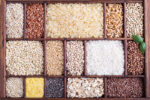We see it everywhere, “added with vitamins and minerals.” Vitamins and minerals are essential to our health, but there’s too much misinformation out there. That’s why today we’re talking about minerals. What are they? Why are they good for us? And most importantly, how do I get them?
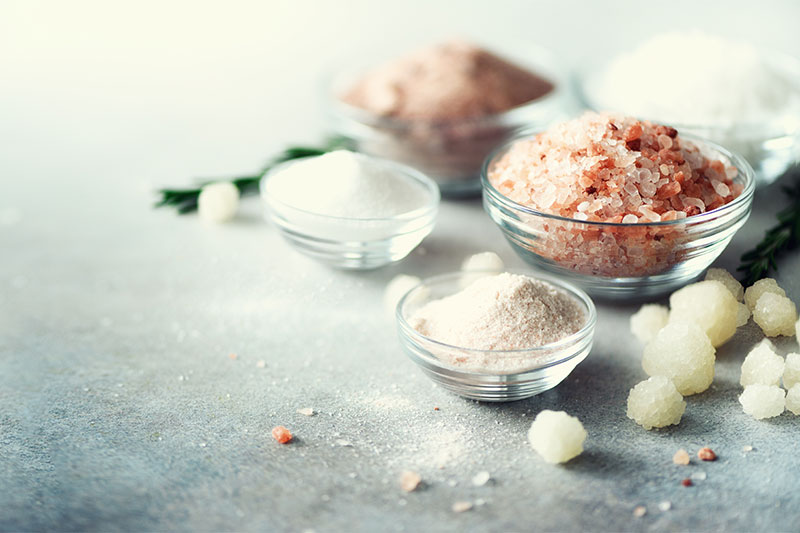
These are the ten most important minerals to add to your diet, and the way to get them without having to take supplements, they’re all in food! So, take note and add some of these salts and minerals to your diet today.
10 – Sodium
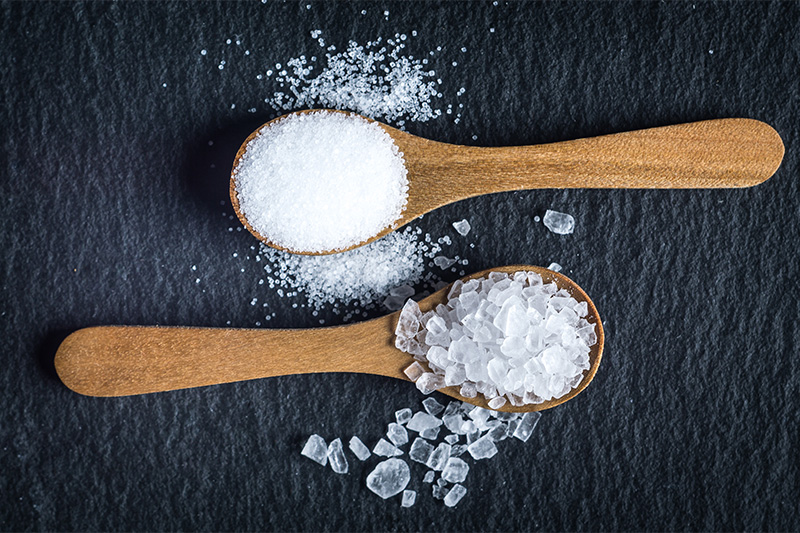
Sodium is one of the most critical salts for our health; we can’t live without it! Salt balances our bodily fluids and helps us retain water to stay hydrated. Too much salt can cause problems too, it can lead to hypertension, and can encourage the development of kidney stones. On the other hand, in moderate amounts, sodium protects you from bacteria and aids muscle function.
Find sodium in table salt, soy sauce, vegetables, and lots of it in processed foods.
9 – Chloride
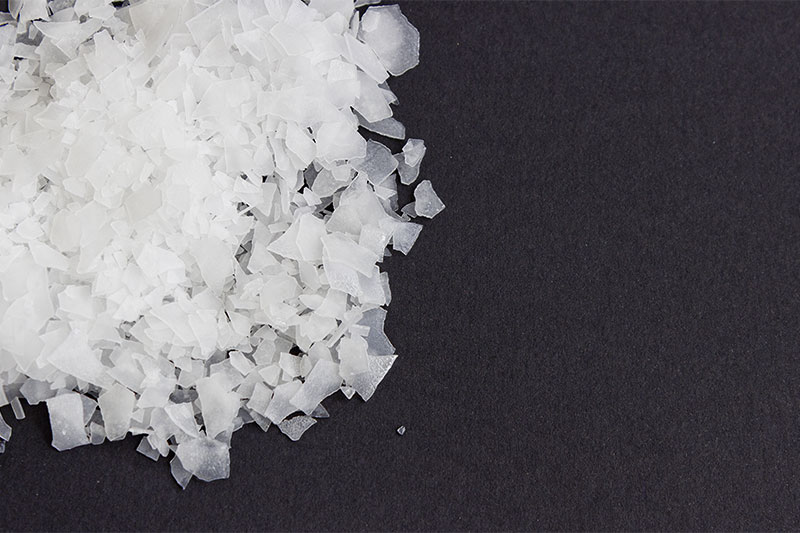
Chloride is a salt and is considered an electrolyte, so it keeps your blood pressure in check and your blood balanced. It balances your gastric acid too. Too much chloride can lead to dehydration and kidney disease. Find chloride in table salt, vegetables (like tomatoes,) and processed foods; you can often find it with sodium.
8 – Calcium
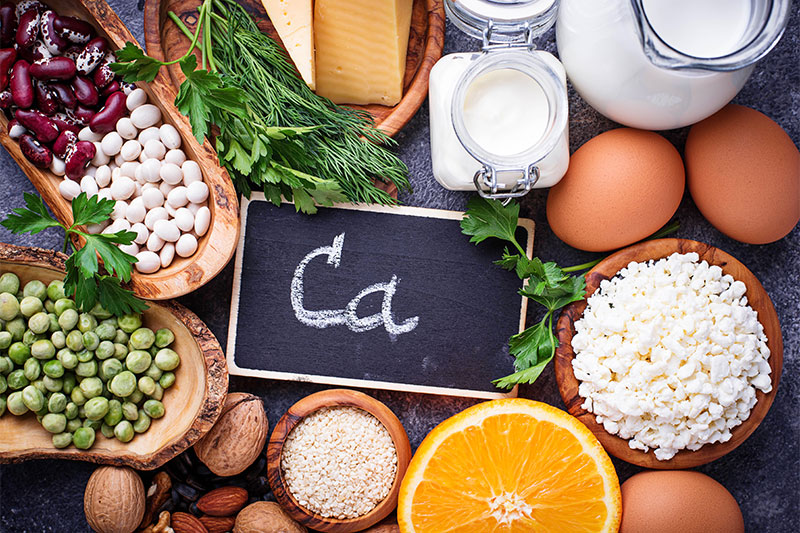
We all know calcium helps our bones and teeth to stay strong, but calcium has many other health benefits. It helps your muscles stay in shape, regulates your blood pressure, and aids your nervous system.
Too much calcium can cause kidney stones and can unbalance your circulatory system causing stress to your heart. Find calcium in dairy products like milk, yogurt, and cheese. Some vegetables like broccoli are excellent sources of calcium too.
7 – Potassium
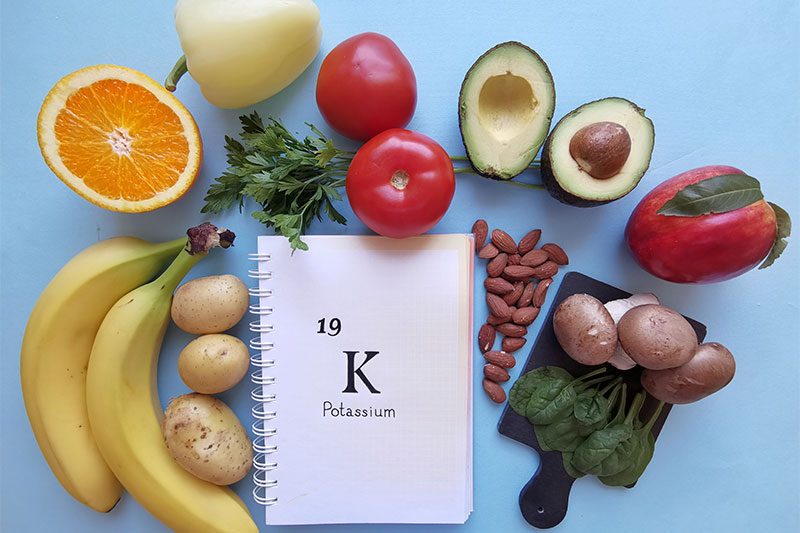
Potassium helps you have stable blood pressure, aids hydration, and keeps your muscles working. Bananas are famous for their high amounts of potassium, but many other fruits like oranges and cantaloupes have the right doses too. Spinach and kale have proper levels of potassium as well. Too much potassium can damage your kidneys and increase the risk of heart failure.
6 – Magnesium
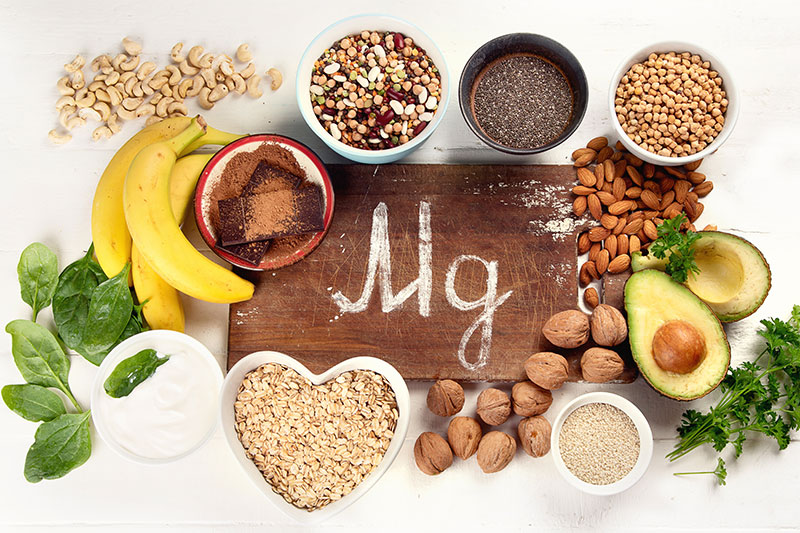
This mineral has many jobs in our bodies: it’s necessary to build muscle, it helps your bones stay strong, it aides neurons and your brain and boosts your immune system, making it a well-rounded mineral you don’t want to miss.
Magnesium is found in seeds and legumes like lentils and beans, it’s common in nuts and throws in a few leafy greens to your diet for extra magnesium. Too much magnesium, although rare, can damage your circulatory system and cause an irregular heartbeat.
5 – Phosphorus
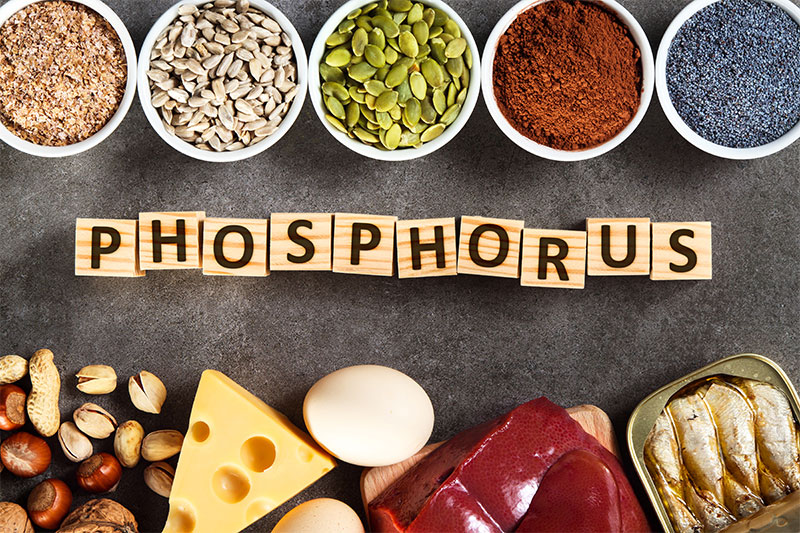
Your body already has lots of phosphorus, its present in every cell. It helps your kidney filter out your bloodstream; it strengthens your bones and teeth; it’s a building block for DNA and manages your stored energy. Meat, fish, and poultry are reliable sources of, and so are dairy products, eggs, legumes, and nuts.
Too much phosphorus, although rare, can harden your body tissue and weaken your stomach. It could also block the absorption of other minerals.
4 – Iodine
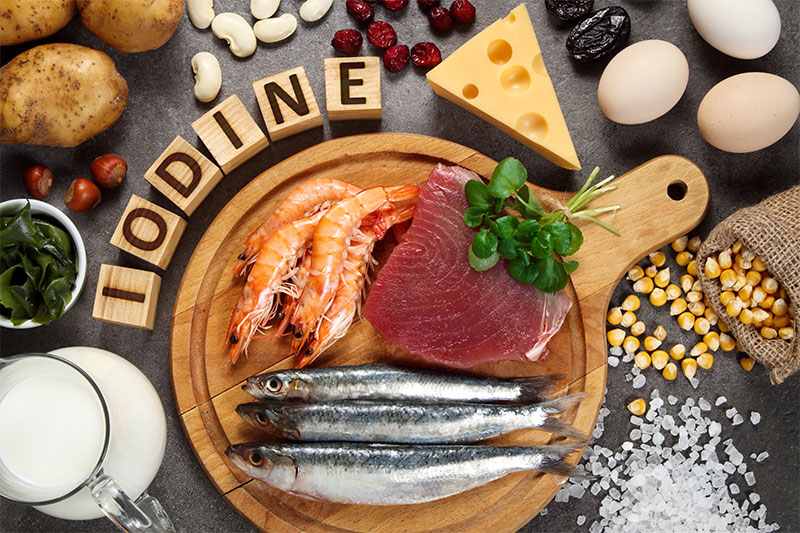
Iodine is present in red meat, seafood, egg yolks, legumes, spinach, and other greens. Your body needs it to regenerate your blood; it protects your thyroid glands and improves your cognitive functions. Too much iodine can lead to hyperthyroidism and metabolic disorders.
3 – Zinc
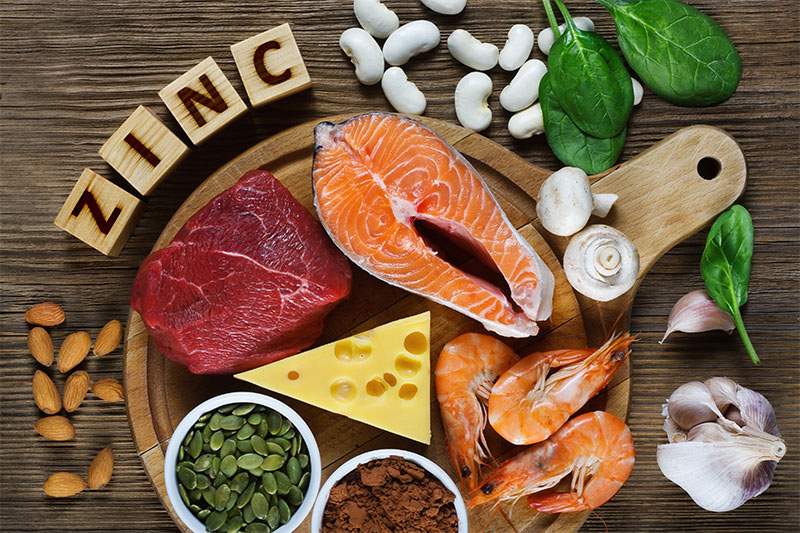
Your body does not produce this essential mineral, so you have to get it elsewhere. It helps your wounds heal, it strengthens your immune system and reduces inflammation amongst other vital roles. You’ll find zinc in proteins, whether it’s beef, pork, fish, eggs, or poultry, it’s found in whole grains and some vegetables like spinach, broccoli, and kale.
2 – Iron
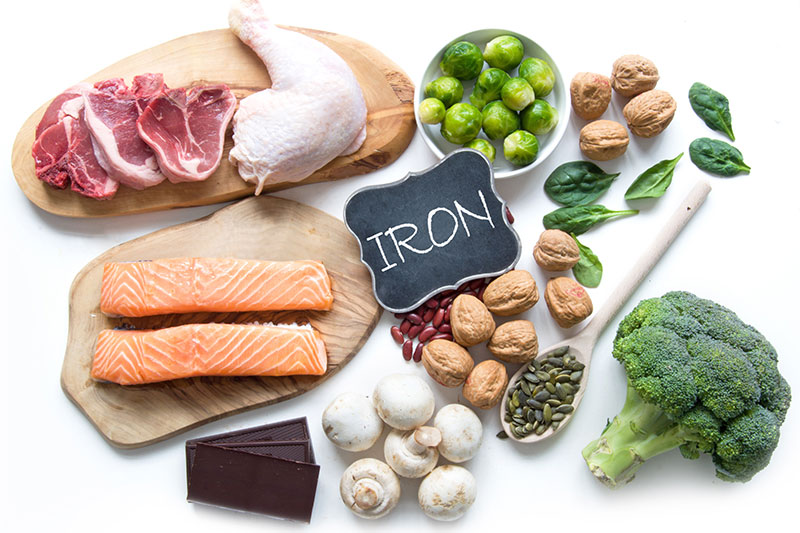
Iron plays a vital role in our bodies, especially in blood cells. It helps carry oxygen from your lungs to your body tissues. A lack of iron can cause anemia making you feel weak, dizzy, and distracted. Soybeans, lentils, spinach, red meat, and even chocolate are good sources of zinc.
1 – Fluoride

You’ve heard about fluoride on your visits to the dentist, and it’s because fluoride helps you remineralize your teeth and bones. Not enough fluoride can weaken your bone structure, which is why most countries add it to the water. Seafood, tea, coffee, and plain water has fluoride, so stay hydrated, and you’ll be OK.
Minerals are everywhere!
If you have a balanced diet and incorporate all types of meats, fruits, and vegetables, there as a big chance you’ll be getting all the salts and minerals your body needs.

